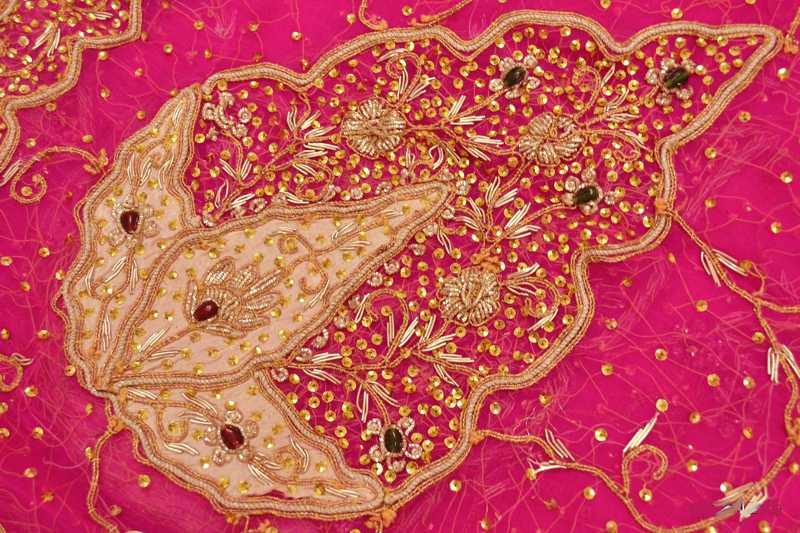===
0226,
6
===

=== |
 |
gil : 'Earth, mud, clay, bole'. (Platts p.911)
ḳharāb : 'Ruined, spoiled, depopulated, wasted, deserted, desolate; abandoned, lost, miserable, wretched; bad, worthless, vitiated, corrupt, reprobate, noxious, vicious, depraved, profligate; defiled, polluted, contaminated'. (Platts p.487)
sān'nā : 'To impregnate (with); to rub in; to knead, mash, mix up (as flour, dough, earth, &c.); to rub, smear, stain, soil, defile; to implicate'. (Platts p.630)
FWP:
SETS == DOUBLE ACTIVATION
MOTIFS == GRANDIOSITY; SCRIPT EFFECTS
NAMES
TERMS == THEMEHas the lover's blood made the beloved's street into 'roses' [gul], or 'mud' [gil]? The two words of course look identical, in the diacritic-free form in which they're usually written in Urdu. The evidence is beautifully balanced. In favor of roses is the red color, the radiance, the traditional ghazal-world tribute of passion to beauty. In favor of 'earth, mud, clay' is the 'mash, mix up' physicality of sān'nā , and the sense of ḳharāb as 'polluted, contaminated' (see the definitions above). Mir has almost required our minds to go back and forth between the two very viable possibilities.
For further discussion of Mir's repeatedly expressed, almost obsessive hatred for any kind of 'mixing' of himself with others, see especially
{977,5}.
Also, in the second line should we read tū or to ? the former works well with the tone, and with the tirī in the first line. But the fact that it's scanned as a short syllable gives me pause. It feels and sounds much better to shorten to than to shorten tū . In terms of meaning, it hardly seems to make much difference.
Note for script fans: The spelling ve instead of vuh seems to be meant to emphasize the long syllable that it here represents, and also its pluralization.